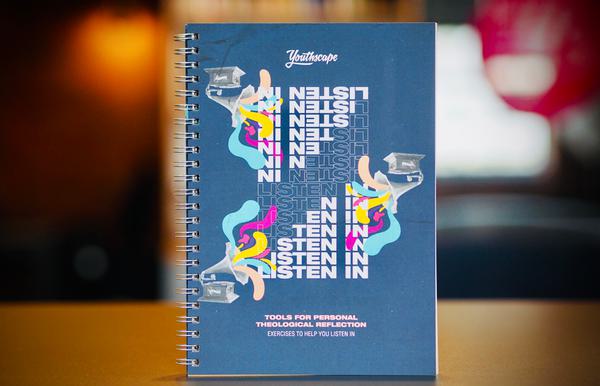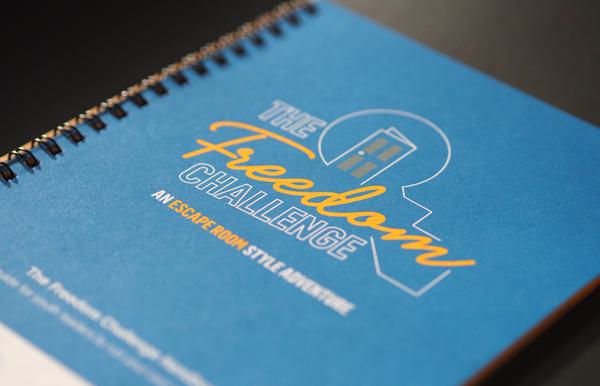What are the latest trends for today’s young people, aka. Generation Z? What's their world like and how are they spending their time?
What are the latest trends for today’s young people, aka. Generation Z (born after 1995 and before the early 2010s)? Of course, we should be cautious with generalisations – there’s a broad diversity in ages and backgrounds to consider. That given though, here’s four of the big topics for Gen Z right now.
1. Rise of the gamers
Gaming continues to be an absorbing hobby. 26% of 16-24s now identify as ‘gamers’, 3% more than two years ago, while the number who have never played a mobile game has fallen from 27% in 2015 to 18% today. Online gaming thrived thanks to stay-at-home orders; popular online multiplayer games like Fortnite and Among Us provided fun ways to spend time with friends (or like-minded strangers) when they couldn’t meet in person – 41% of the surveyed said they had online-only friends. It might not all be healthy, one-in-five (19%) feel they spend too much time gaming, and gaming addiction treatments for young people have also tripled in the last year.
2. Wellbeing post(?)-pandemic
Wellbeing continues to be a priority particularly in light of the pandemic. 84% of 16-24s say their mental health has been negatively affected by the past 18 months, and 67% believe the pandemic will have a long-term impact on their mental health. Unsurprisingly after a season of school closures and exam stress (for school-aged Gen Z), 92% say the experience has changed them as a person. Half of Gen Z are always anxious, according to Youthsight. A key source of stress relief throughout Covid has been hobbies, the most popular of these for young people were reading, cooking/baking, and knitting/needlework.
3. Online risks
Dating app usage has steadily grown over recent years, and lockdowns boosted engagement – but dating app fatigue has grown too. Young people today are more likely than previous generations to be happily single (40% of 16-24 year-olds asked in Oct 2020), while fewer were ‘happily in a relationship’ or ‘looking for a partnership’ than in pre-pandemic times.
With school-aged young people, the big picture around relationships/online interaction is sadly one of risk and a growing awareness of abuse. In June Ofsted reported that peer-on peer sexual abuse and online harassment, particularly of girls, in England schools is now a widespread, ‘normalised’ reality. Online threat comes from peers and adults: in England and Wales online grooming crimes reported by the police reached an all-time high in 2021, having risen by 70% in the last 3 years. Half of incidents used Facebook-owned apps including Whatsapp, Instagram and Messenger, while Snapchat was used in a quarter of offences.
4. Ethical consumers and 'cancel culture'
‘Cancel culture’ is a contested phrase but it’s certainly true that we live in an age of accountability; brands and influencers face increased scrutiny while ethical consumerism (and creation) is a priority for Gen Z. The existential threat of climate change heightens the need for individual and corporate response, while social media (99% of 16-24s are now on social media, and Instagram rules as the principal app for 74%) offers a platform for demanding action. 87% of young people pay attention to a brand’s ethics when they purchase from them. They’re looking for authenticity and are suspicious of tokenism; if a brand said it was opposed to a social issue, only 6% said they’d simply believe them, 64% said they’d go and research online to see if it’s true. There’s a pressure in this constant activism though: 55% said there are too many issues in the world to worry about, though they still make an effort to do what they can. As Beatfreeks puts it, Gen Z “face perpetual pressure to be saying something, and to be always saying the right thing.”
Sources
- State of the Youth Nation 2021: https://www.youthsight.com/blog/gen-z-gaming-trends
- Mental Health Today: https://www.mentalhealthtoday.co.uk/news/young-people/treatment-for-gaming-addiction-has-tripled-in-the-last-year
- Youthsight, ‘Gen Z’s Top 5 leisure Trends’: https://www.youthsight.com/2021-gen-z-hobby-trends-ebook?submissionGuid=82a134a5-4043-4944-9fe3-6509891d221d
- Voxburner Youth trends Report 2021: https://www.voxburner.com/voxburner-plus
- NSPCC: https://www.nspcc.org.uk/about-us/news-opinion/2021/online-grooming-record-high/
- Ofsted: https://www.gov.uk/government/publications/review-of-sexual-abuse-in-schools-and-colleges/review-of-sexual-abuse-in-schools-and-colleges#conclusion
- Youthsight, ‘Gen Z’s Dating Story': https://www.youthsight.com/blog/gen-z-dating-story-pre-and-post-pandemic-trends
- Beatfreeks March 2021 report ‘Institutions of the Future: Gen Z and the Private Sector‘ https://beatfreeksyouthtrends.com/wp-content/uploads/2021/03/Beatfreeks_NYT_Institutions_of_the_Future.pdf
A shorter version of this article appeared in Vol 19 of our research quarterly The Story. Check out previous volumes of The Story here.










